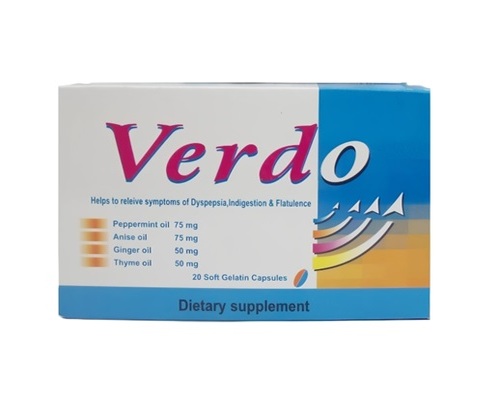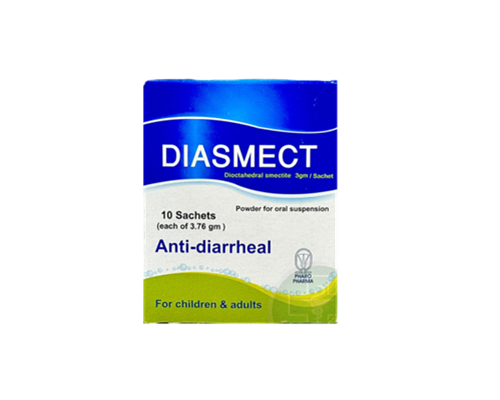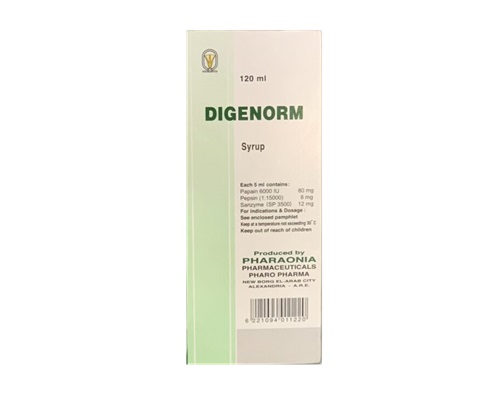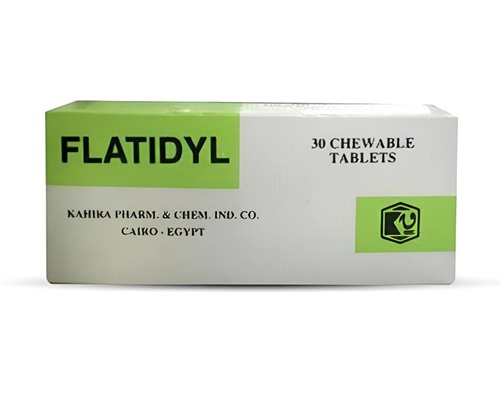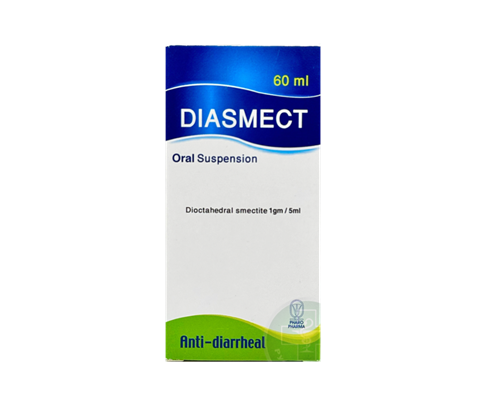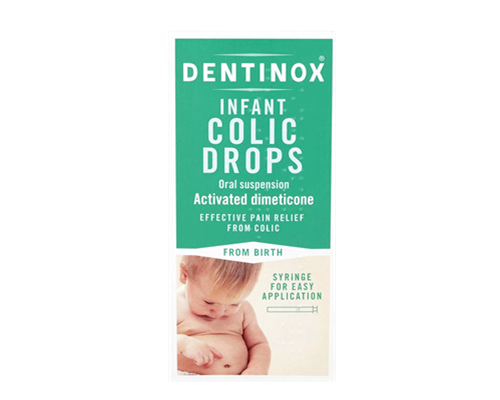Description
Trade name:
Eucarbon
Compound:
Each tablet contains:
Senna leaf extract 105 mg
Rhubarb extract 25 mg
Purified sulfur 50 mg
Activated carbon 180 mg
Auxiliary components:
Lactose monohydrate, peppermint oil, sucrose, starch, talc, kaolin.
Properties:
One of the main components of the drug EUCARBON is activated carbon (Carbo activatus). It adsorbs intestinal gases, bacterial toxins and other products of putrefactive decay of intestinal contents, causing intoxication, diarrhea and flatulence.
The senna leaves (Foliae Sennae) and rhubarb extract (Extr. Rhei) included in the preparation stimulate peristalsis and have a mild disinfectant effect. This is achieved by releasing active derivatives of anthraquinone (a glycoside contained in rhubarb and senna leaves) in the small intestine, which stimulate peristalsis of the colon and inhibit water absorption in it. Defecation occurs 6-10 hours after taking the preparation. Senna leaves and rhubarb extract cause minor fluid loss and do not disrupt the process of food absorption.
The drug also contains essential oils of mint and fennel, which provide its antispasmodic and anti-inflammatory effects.
The drug EUCARBON contains purified sulfur (Sulfur activatus), which in small quantities has disinfectant properties, which is important in the development of putrefactive processes caused by pathogenic bacteria.
Thus, the drug EUCARBON, thanks to its adsorption properties and ability to stimulate the intestines, prevents the reabsorption of harmful by-products of digestion, eliminates increased gas formation, and has a mild laxative effect.
Indications:
The drug is indicated for regulating and restoring digestive function in patients in the postoperative period, especially after operations performed on the intestines, as well as for digestive disorders in pregnant women and women in the early postpartum period. In addition, the drug is used to cleanse the intestines and eliminate flatulence when preparing patients for X-ray, ultrasound and other instrumental examinations.
Method of administration and dosage:
Orally. 1-2 tablets up to 3 times a day until a mild laxative effect develops. In the evening, you can take 3-4 tablets to develop a laxative effect in the morning.
Long-term use of more than 1-2 weeks should be discussed with your doctor.
Contraindications:
Intestinal obstruction and abdominal pain of unknown etiology, acute appendicitis, gastric ulcer and duodenal ulcer during exacerbation.
Children under 12 years of age.
Precautions:
Patients with rare hereditary problems of fructose intolerance, glucose-galactose malabsorption or sucrase-isomaltase insufficiency should not take this medicine.
The dose required for a guaranteed effect may vary individually.
The occurrence of diarrhea is a sign of overdose. In this case, it is necessary to reduce the dose or completely discontinue the drug.
In case of unclear gastrointestinal symptoms, including pain, nausea or vomiting, the cause should be determined and intestinal obstruction should be excluded before taking the medicine.
It should not be taken without a doctor’s prescription for a period longer than 1-2 weeks.
If you need to take laxatives regularly, you need to find out the cause of constipation.
Patients with renal insufficiency should exercise caution since the drug may increase water-electrolyte imbalance.
Side effects:
From the gastrointestinal tract:
Abdominal pain, abdominal cramps and diarrhea usually only occur in patients with irritable bowel or if the dosage is too high. In this case, the dosage should be reduced.
Allergic reactions:
may occur rarely.
Storage method:
At a temperature not exceeding 30 degrees.


